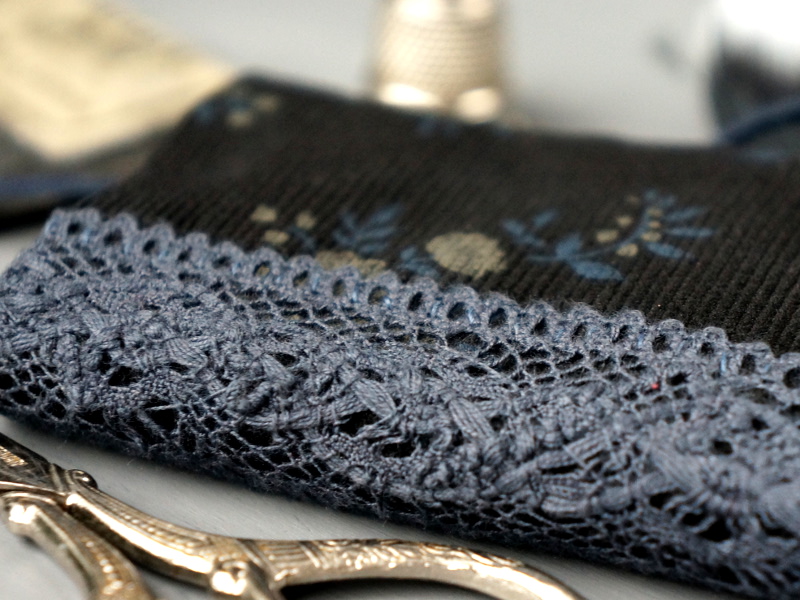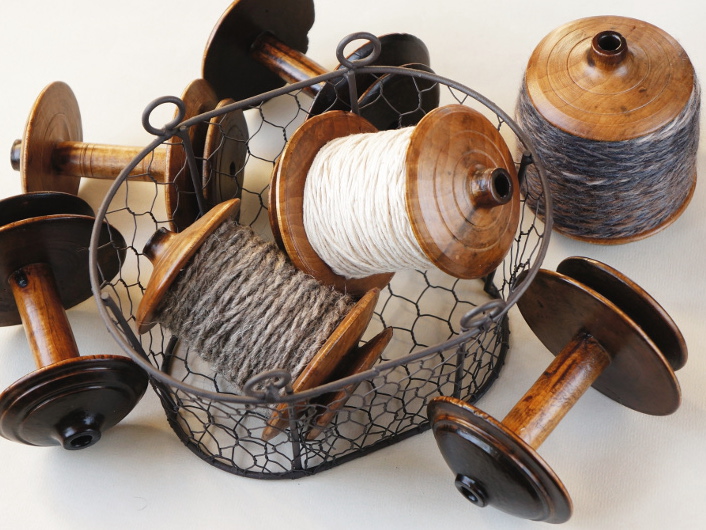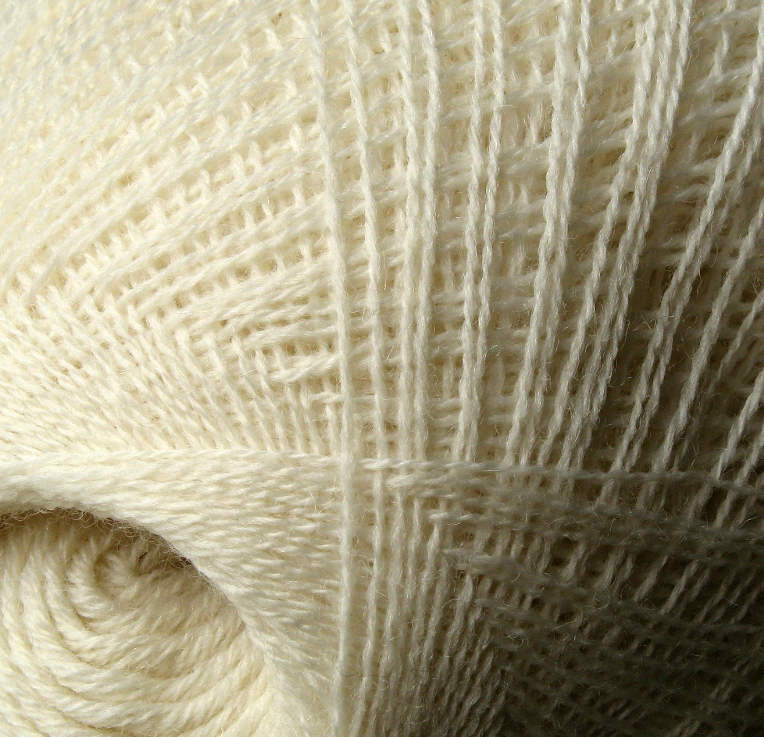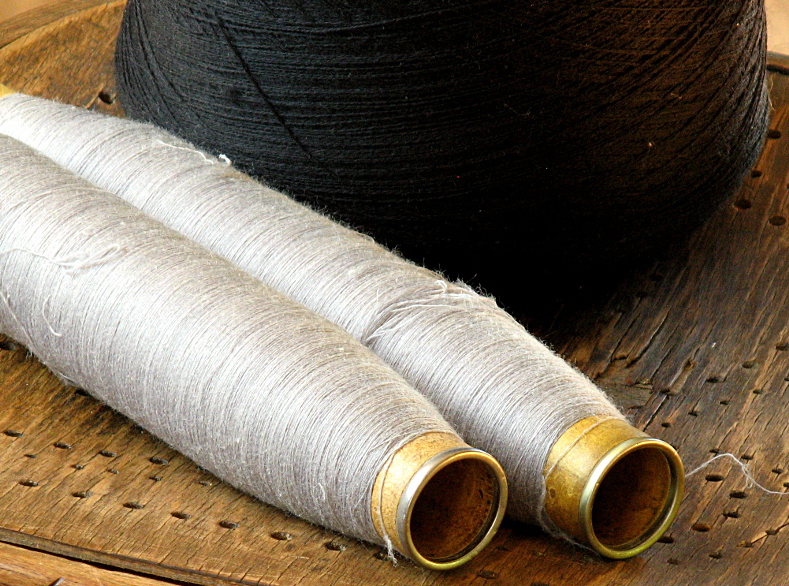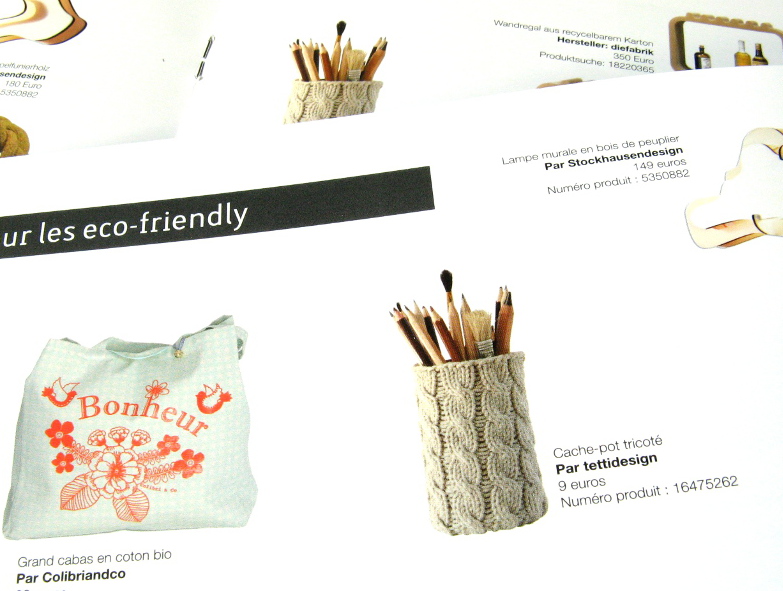The warm and stylish presentation of 'Haapsalu rätt / The Haapsalu scarf' book was held in Haapsalu yesterday. The first books were sold at the event, it will be about a week until they hit the stores.

This post is intended to make your mouths water, because I already have the Pink Bible! And naturally, signed by the authors.
These are just my first impressions, it will take a while to take it all in and fully comprehend all the contents, after all, the book has 272 pages and weighs 1.888 kilos (4.2 lbs)!
This time it is published simultaneously in Estonian and English, that may add somewhat to the volume, but charts still make up most of the contents.
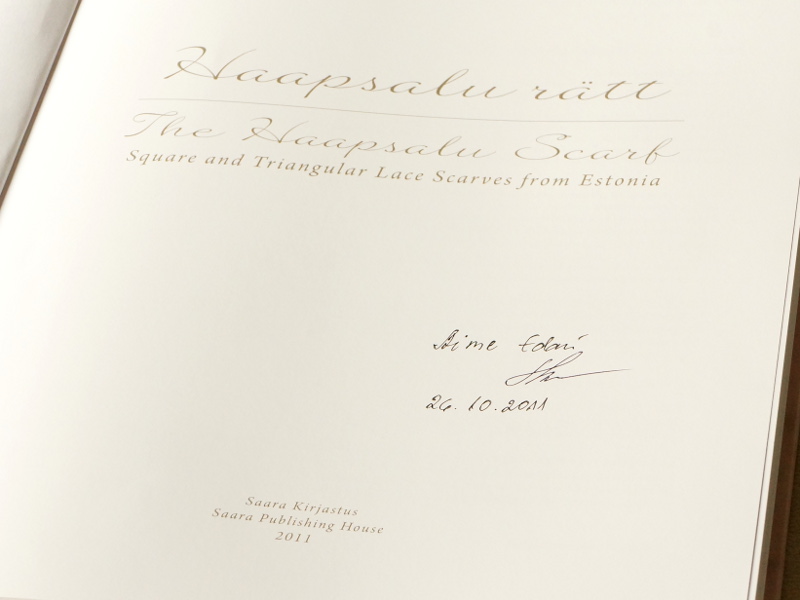
There are 47 patterns for square shaped shawls in the book. A square shawl consists of a centre section and a border section with a special narrow stitch pattern inbetween, plus a sewn-on lace edging. These stitch patterns are already conveniently combined together in the book, but can be used separately to design your own shawl as well.

The triangular shawl pattern count is 26 and there are three different techniques explained: knitted beginning from the upper edge, from the lower point or decreased in the centre. Triangular shawls/scarves also have a sewn-on edging.
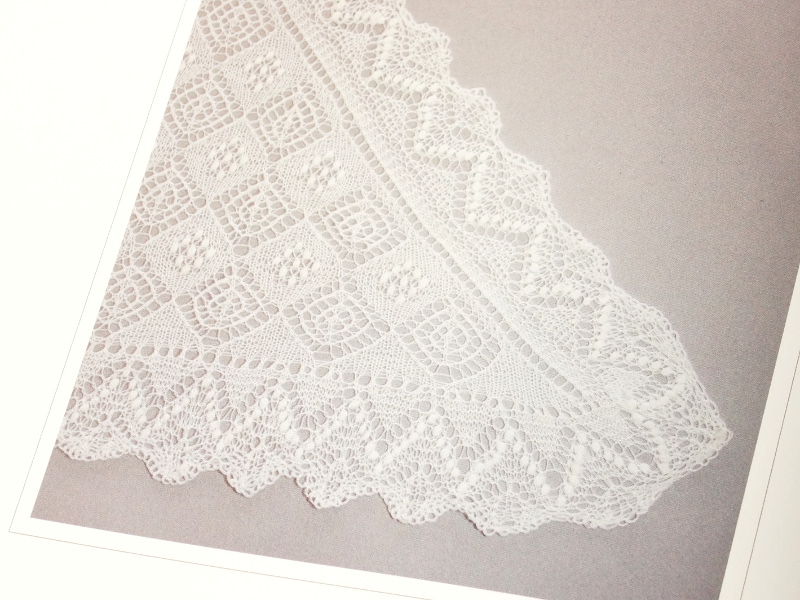
Must be my favourite part of the book, because these can be used in so many other types of knitting projects too - the lace edgings. A lot of them, all so gorgeous and more intricate than in the first Haapsalu Shawl book.

Since the charts are given fully with all corners included, making enlarged copies or using a magnifying glass might be necessary for some of them. Of course, there are pattern repeats, so the large chart can be used as an overview.

As a nice little gift for everyone attending, these pocket calendars were handed out at the presentation. The text says: 2012 - the year of knitting a Haapsalu scarf. Everyone could then mark those (few) days they were not knitting. Great as a bookmark and chart marker.

More pictures of the event can be found in a
gallery of the local newspaper.







